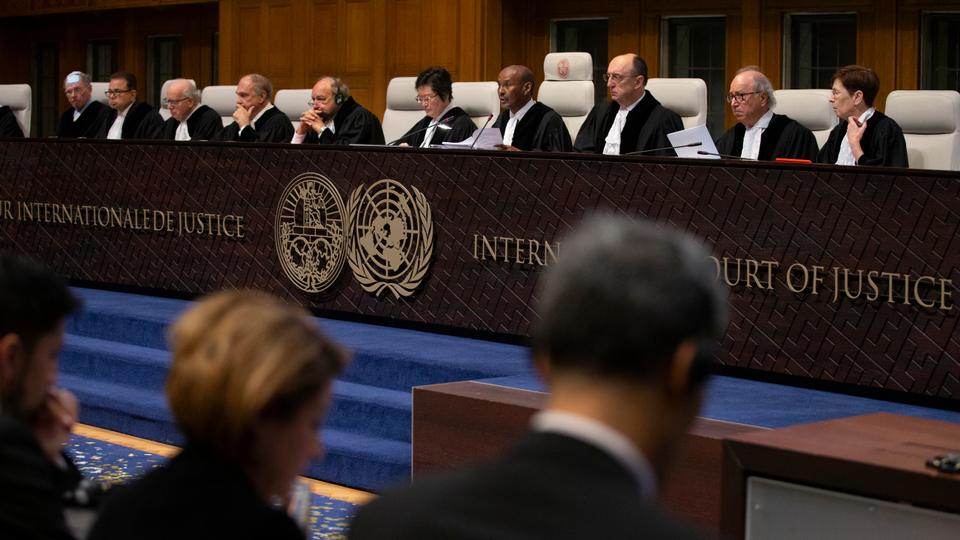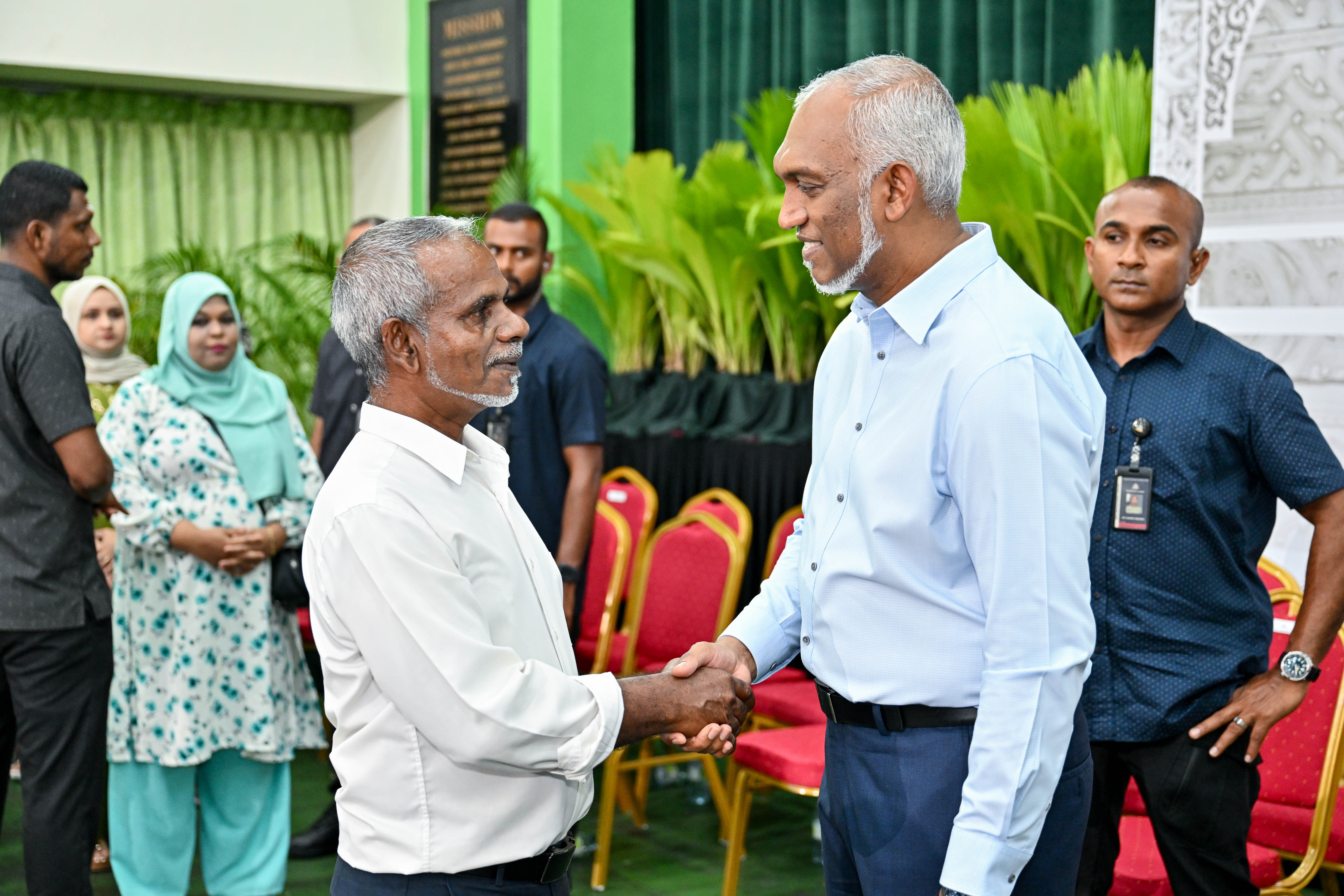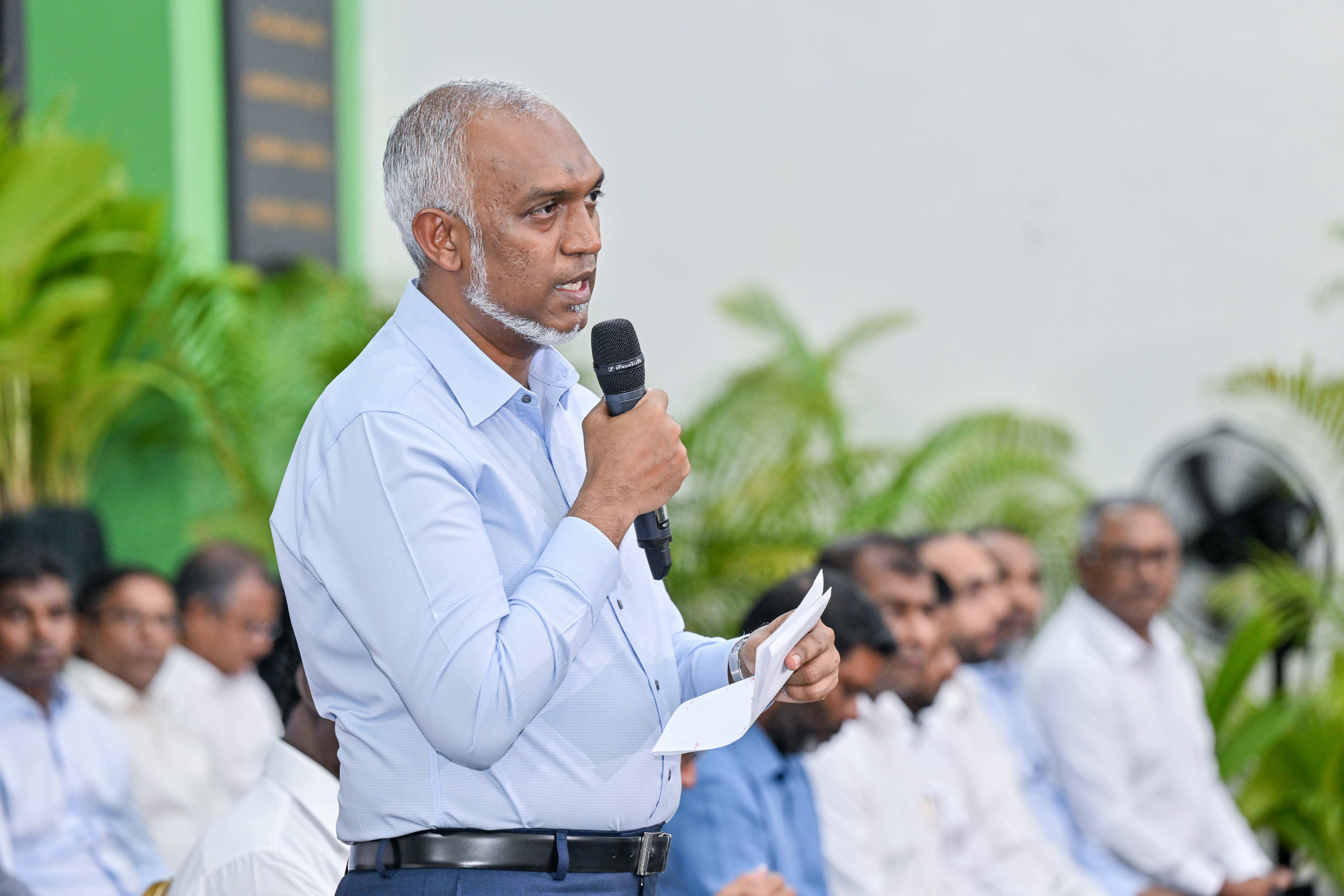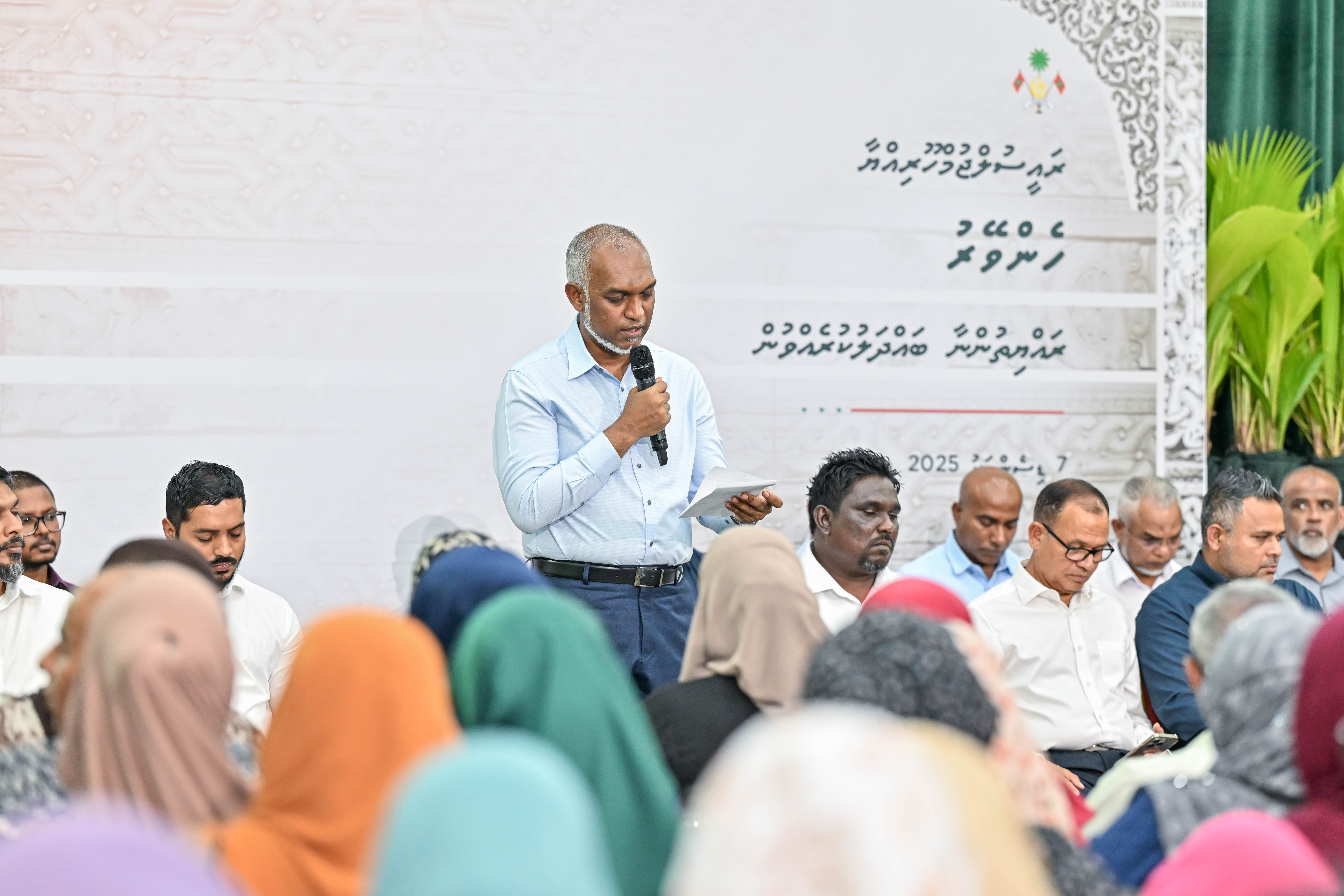Myanmar hit out on Monday at a genocide case brought against it by the Gambia for alleged persecution of Rohingya Muslims, urging the UN's highest court to drop the claim on legal grounds.
The claim that Myanmar’s military carried out genocide was brought to the international court of justice (ICJ) by the Gambia after a brutal 2017 military crackdown. The crackdown forced more than 700,000 Rohingya to flee to neighboring Bangladesh and led to accusations that security forces committed mass rapes and killings and burned thousands of homes.
The Gambia argued that the campaign amounted to a breach of the genocide convention and wants the court to hold the country responsible. The ICJ also held hearings in December 2019, on Gambia’s request, for provisional measures to protect the Rohingya remaining in Myanmar from genocide, which the court unanimously adopted in January 2020.
When the case opened in December 2019 Aung San Suu Kyi personally represented Myanmar at the Hague-based ICJ, but she was ousted as the Asian country's civilian leader in a military coup last year.
Myanmar’s military junta appeared in place of the detained Aung San Suu Kyi at the UN’s top court, although the decision to allow the junta to represent the country in court, was strongly criticized by advocacy groups and a former UN special rapporteur, who warned that it risked delaying justice.
“It is outrageous for the ICJ to proceed with these hearings on the basis of junta representation. The junta is not the government of Myanmar, it does not represent the state of Myanmar, and it is dangerous for the court to allow it to present itself as such,” said Chris Sidoti of advocacy group Special Advisory Council for Myanmar.
During the hearing, the junta's representatives argued on Monday that the Gambia did not have the legal right to file the case.
The junta’s lawyers outlined several objections, including claims that the Gambia was acting as a “proxy” for the Organisation of Islamic Cooperation, and therefore lacked standing because the ICJ only rules on disputes between states.
“Myanmar is… not seeking to impede the judicial process of the court,” its agent Ko Ko Hlaing told the judges in the imposing courtroom at the Peace Palace in The Hague.
“On the contrary, it is seeking to answer the proper administration of justice,” Myanmar’s international cooperation minister said.
The claim that Myanmar’s military carried out genocide was brought to the international court of justice (ICJ) by the Gambia after a brutal 2017 military crackdown. The crackdown forced more than 700,000 Rohingya to flee to neighboring Bangladesh and led to accusations that security forces committed mass rapes and killings and burned thousands of homes.
The Gambia argued that the campaign amounted to a breach of the genocide convention and wants the court to hold the country responsible. The ICJ also held hearings in December 2019, on Gambia’s request, for provisional measures to protect the Rohingya remaining in Myanmar from genocide, which the court unanimously adopted in January 2020.
When the case opened in December 2019 Aung San Suu Kyi personally represented Myanmar at the Hague-based ICJ, but she was ousted as the Asian country's civilian leader in a military coup last year.
Myanmar’s military junta appeared in place of the detained Aung San Suu Kyi at the UN’s top court, although the decision to allow the junta to represent the country in court, was strongly criticized by advocacy groups and a former UN special rapporteur, who warned that it risked delaying justice.
“It is outrageous for the ICJ to proceed with these hearings on the basis of junta representation. The junta is not the government of Myanmar, it does not represent the state of Myanmar, and it is dangerous for the court to allow it to present itself as such,” said Chris Sidoti of advocacy group Special Advisory Council for Myanmar.
During the hearing, the junta's representatives argued on Monday that the Gambia did not have the legal right to file the case.
The junta’s lawyers outlined several objections, including claims that the Gambia was acting as a “proxy” for the Organisation of Islamic Cooperation, and therefore lacked standing because the ICJ only rules on disputes between states.
“Myanmar is… not seeking to impede the judicial process of the court,” its agent Ko Ko Hlaing told the judges in the imposing courtroom at the Peace Palace in The Hague.
“On the contrary, it is seeking to answer the proper administration of justice,” Myanmar’s international cooperation minister said.


















